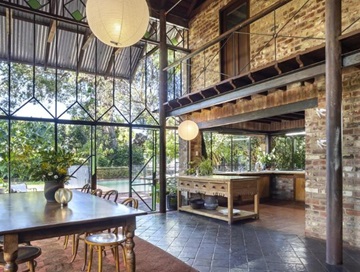Renovating? Ronnie and Georgia help you reno like a pro
20 March 2024"From budgeting for the worst-case scenario to subdividing and what to do if you find asbestos, Georgia shares their exclusive tips with reiwa.com for renovating like a professional."
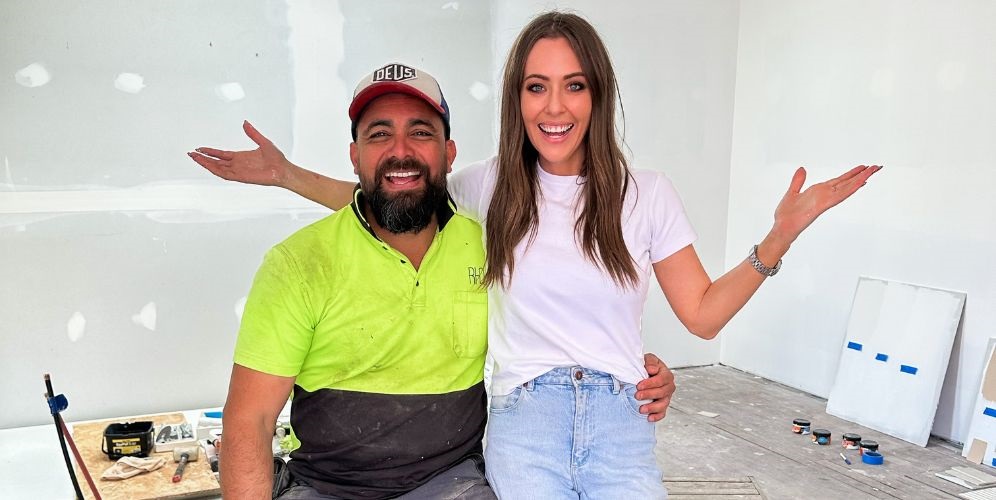
We’ve watched Ronnie and Georgia tackle room transformations in a week on The Block, but when you’re doing it for yourself it can be a whole different ballgame.
Ronnie and Georgia’s 16th renovation project was a 12-month labour of love, and the results speak for themselves. In less than two weeks since their Embleton property flip went up for sale, the couple had 120 inspections and multiple offers, one of which they have accepted. Georgia said they are incredibly proud of how the Palm Springs-inspired renovation turned out and the interest from potential buyers.
From budgeting for the worst-case scenario to subdividing and what to do if you find asbestos, Georgia shares their exclusive tips with reiwa.com for renovating like a professional.
Where to start?
Before you even think of starting a renovation project, carefully consider your goals and priorities. Are you looking to improve the functionality of a space, update its aesthetic appeal, or increase its resale value?
Start by creating a detailed plan that outlines the scope of the project, including the specific changes you want to make and the timeline for completion. Be sure to budget for the worst case scenario, then it’s an added bonus when you come in under budget and before schedule.
If you've got good bones to work with initially, you're already ahead of the curve. If you can start with a good floorplan and avoid moving any internal walls, you can potentially save yourself a lot of money.
When renovating bathrooms and kitchens, consider ways to save money without compromising on quality. For example, you might choose to refinish existing cabinetry rather than replacing it or keep existing services (eg. water pipes) where they are instead of moving them.
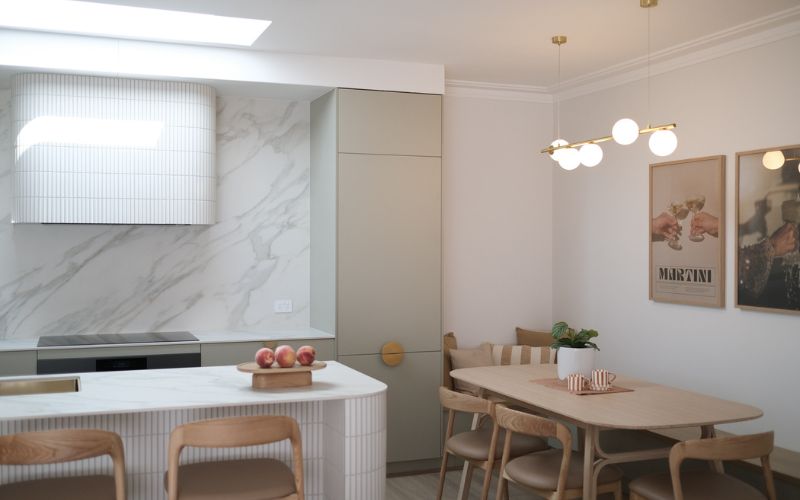
If you're renovating with the intention of selling, focus on making improvements that will appeal to a broad range of buyers. This might include replacing outdated fixtures, maximising storage space, and creating a cohesive, modern look throughout the home.
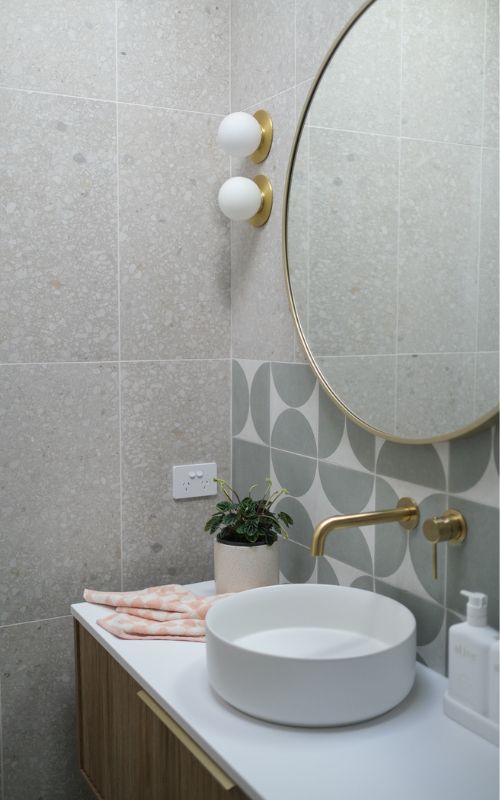
Consider installing skylights (or “Ron-lux” in our case) to bring more natural light into your home. Skylights can make rooms feel brighter and more spacious, creating a positive impression on potential buyers.
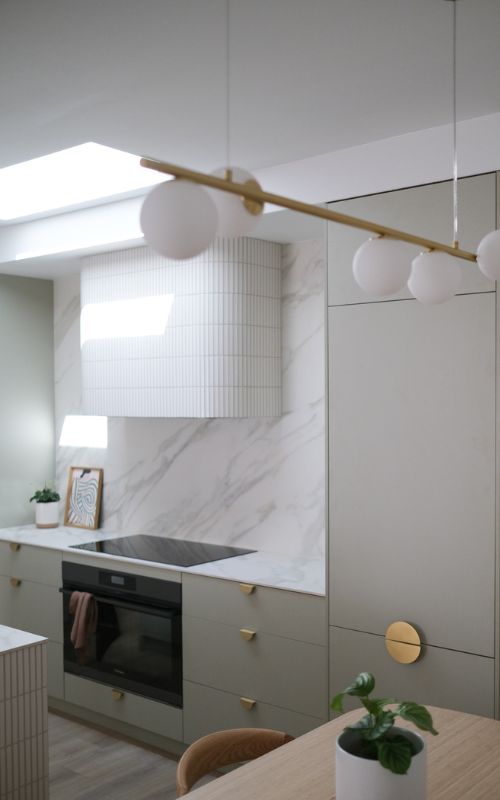
How do I know if a property has potential for sub-division?
When looking for a property to sub-divide, there are many factors to consider. The interactive maps on reiwa.com allow you to see exactly which Zoning R-Code your property falls under, providing the planning and design provisions for the block. The maps also show if there are any planned changes to roads you need to allow access for, which might affect the way you divide the land.
When looking at the block, are there obstacles in the way of the sub-division? It could be as simple as a shed and paving, or more complicated like underground pipes, so it’s important to consider the costs of clearing the land to prepare for development of a second property.
The process of subdividing takes about six to eight months so it’s important to get the paperwork underway straight away. Using a local conveyancer can make the process super simple, saving time and money.
What should I do if I find asbestos or other ‘skeletons’ in the closet of the property?
If you run into any unexpected surprises such as asbestos, it can be worth calling in the big guns. A professional will know how to handle the situation safely and can actually save you money.
You may not need to replace the entire roof if you find some asbestos, but a professional will know what’s best for each situation. Instead of jumping to panic stations, call in a second Ron-Dog (two of them!) for reinforcements.
What are the differences between renovating to sell vs renovating to live?
When renovating to sell, the goal is to make the home as appealing as possible to potential buyers. This often means making design choices that are neutral and timeless, rather than personal or trendy.
Renovating to sell involves strategic budgeting and prioritisation of projects that offer the highest return on investment. This might mean focusing on cosmetic updates that can significantly increase the perceived value of the property to potential buyers, such as painting the exterior.
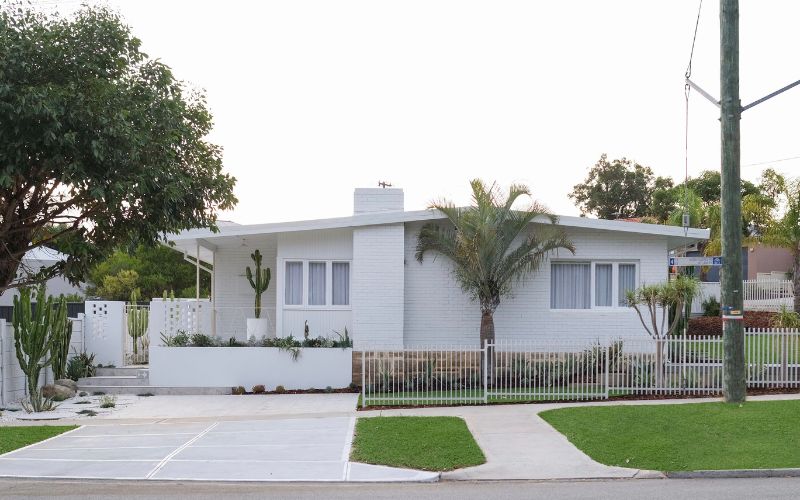
In contrast, when renovating for your own enjoyment, you have the freedom to express your personal style and preferences based on your lifestyle and use of the property. You can choose colours, finishes, and fixtures that reflect your taste and create a space that feels uniquely yours, without worrying about whether they suit other people’s tastes and lifestyles.
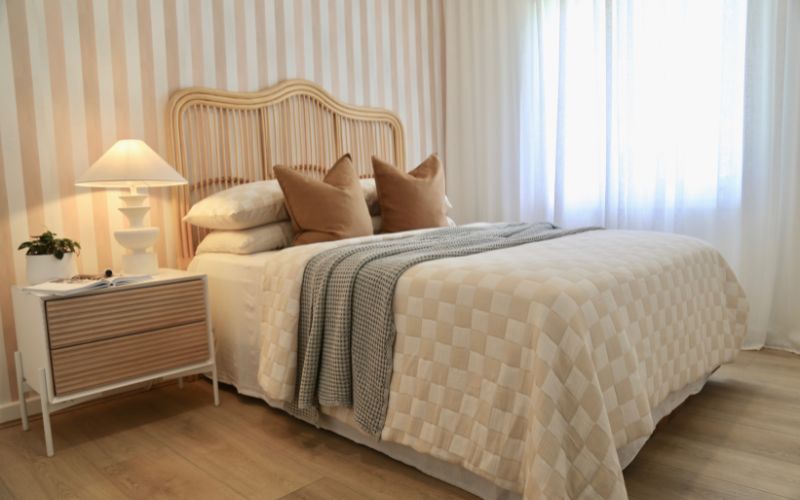
In both cases, considering the long-term maintenance and durability of materials is essential for making informed choices. Opting for high-quality, low-maintenance flooring, for example, can save you time and money on repairs and replacements in the future.
However, even when renovating for yourself, it's important to consider the potential resale value of your home. You may want to avoid overly personalised or niche design choices that may limit the appeal of your home to future buyers, unless you’re prepared to invest in refurbishment or renovation again in future if you ever want to sell.
Instead, focus on creating a space that is both functional and beautiful, and that will stand the test of time.
And finally – don’t forget that even in a hot market, presentation is essential to attracting potential buyers and generating competition for your property – see Ronnie and Georgia’s expert tips for styling a property for sale.



767bbbc6-4993-4f16-8933-e9b2baaac7a0.tmb-rcarousel.jpg?sfvrsn=8cf14270_1)




